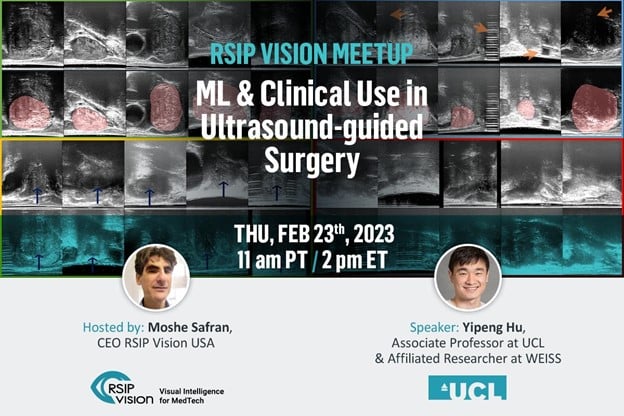
Machine Learning in Ultrasound Guided Surgery and Intervention
Thursday February 23, 2023 Host: Moshe Safran – CEO of RSIP Vision USA Guest speaker: Dr. Yipeng Hu, Associate Professor at UCL and Affiliated Researcher

Thursday February 23, 2023 Host: Moshe Safran – CEO of RSIP Vision USA Guest speaker: Dr. Yipeng Hu, Associate Professor at UCL and Affiliated Researcher
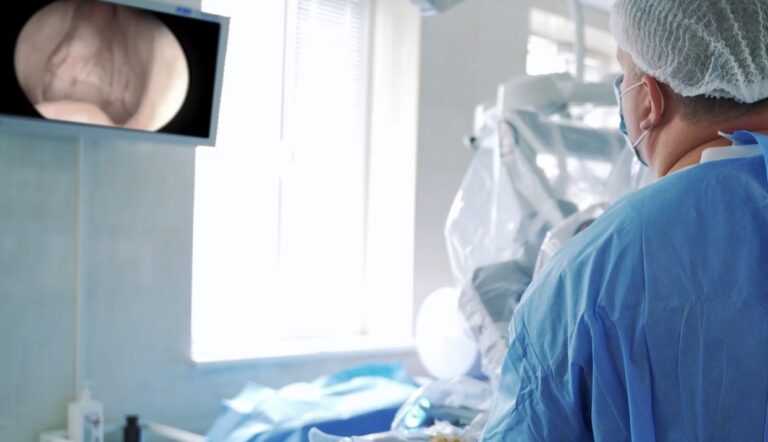
How can Artificial Intelligence benefit urology patients, in particular those affected by prostate BPH (Benign Prostatic Hyperplasia)? AI-based solutions for urology applications are under development
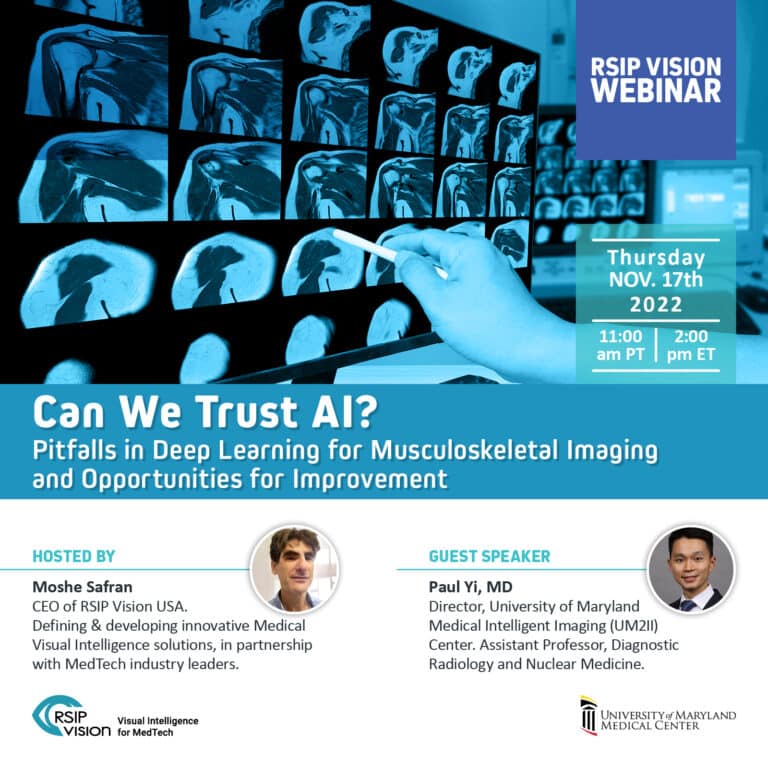
Thursday November 17, 2022 Host: Moshe Safran – CEO of RSIP Vision USA Guest speaker: Dr. Paul Yi, Director at the University of Maryland Medical
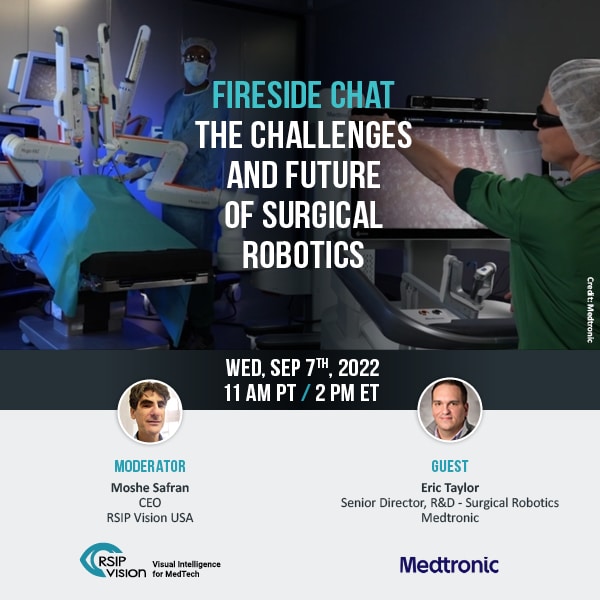
Wednesday September 7, 2022 Host: Moshe Safran – CEO of RSIP Vision USA Guest speaker: Eric Taylor – Senior Director, R&D – Surgical Robotics at
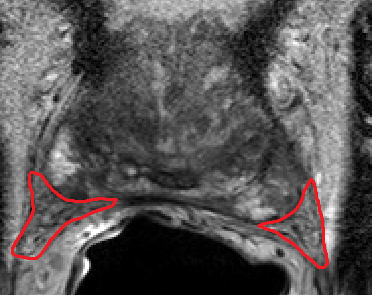
Tissue sparing is a common practice during surgeries. This approach aims to remove as little as possible of the surrounding tissue during a procedure. Studies
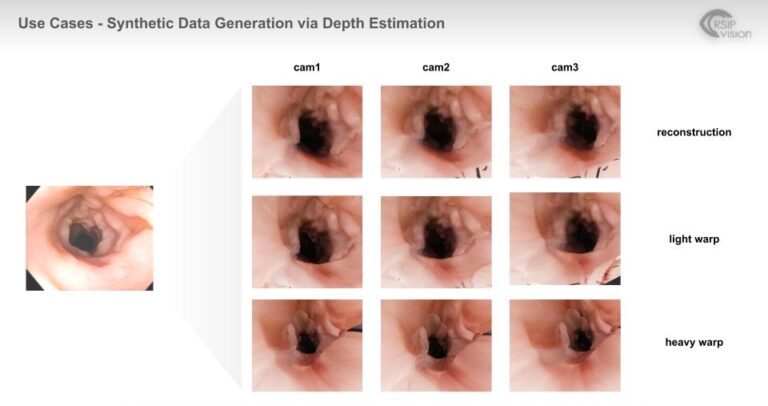
Every deep learning based system requires sufficient data for proper training and reliable testing. Therefore, data collection and annotation are the first and foremost required
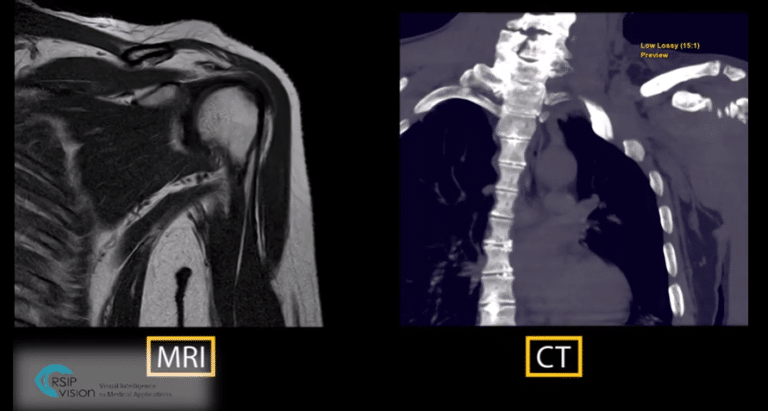
RSIP Vision Presents New Tool for Total Shoulder Arthroplasty (TSA) Planning Through MRI Scan Advanced artificial intelligence creates accurate and radiation-free method for TSA planning.
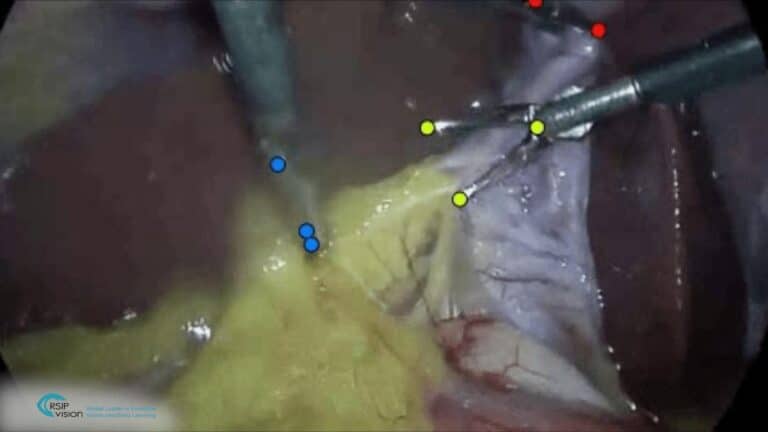
RSIP Vision Presents New Technology for Intra-op Virtual Measurements in Laparoscopic and Robotic-Assisted Surgeries Innovative Technology Provides Calibration of Robotic-Assisted Surgeries’ (RAS) Images and a
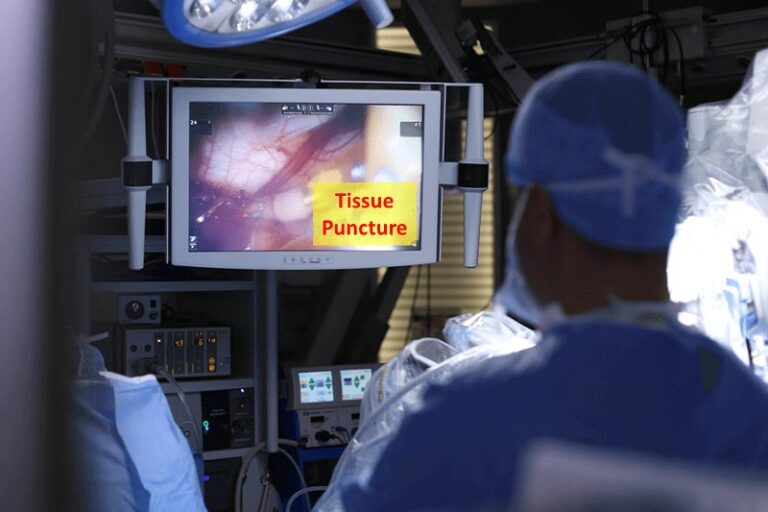
Success Rating and Dynamic Feedback Minimally invasive surgeries (MIS), specifically robotic assisted surgeries (RAS), generally have an improved outcome compared with standard surgeries. However, they
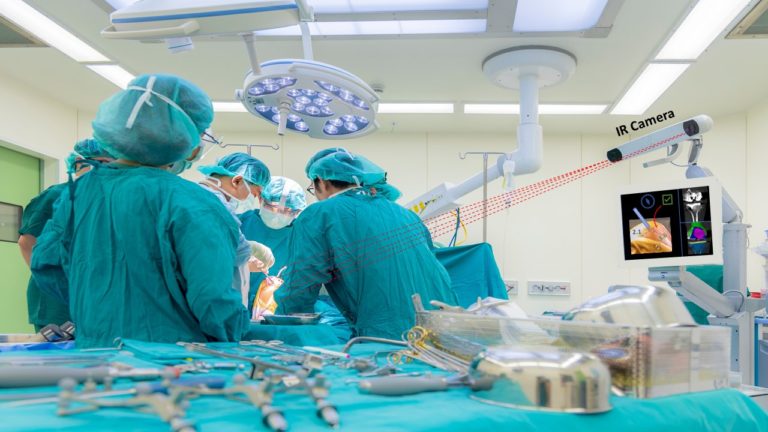
Every Robotic Assisted Surgeries (RAS) requires some level of navigation. While in open surgery the target is viewed directly, minimally invasive RAS views come from
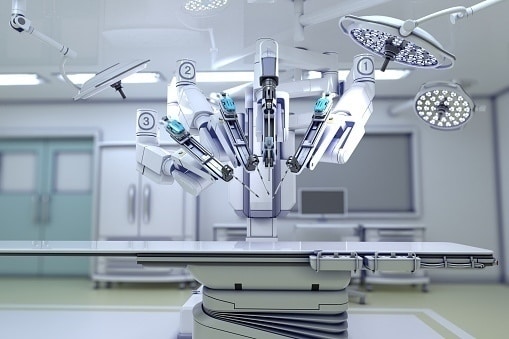
Image analysis techniques and artificial intelligence are leading to radical innovations in renal cancer diagnosis and treatment. In particular, renal cancer robotic surgery. Advanced AI algorithms and computer vision assist in detecting and classifying all kinds of renal diseases, using segmentation and contour detection. This results in improved diagnostic accuracy and enhanced personalized treatment for patients. Moreover, robotic assistance in renal surgeries has gained increased traction in both complete and partial nephrectomies. Surgical planning and 3D reconstruction based on CT and MRI images play vital roles in successful robotic-assisted kidney-related procedures

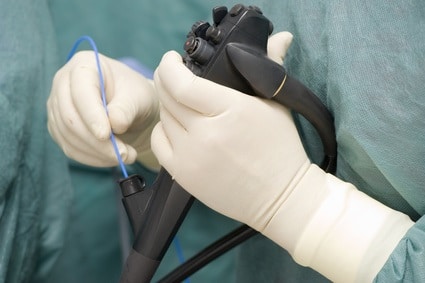
The success of complex fine-scale surgery depends heavily on surgeons’ agility, state of fatigue and their freedom to manipulate miniature instruments in the target organ. Internal organs
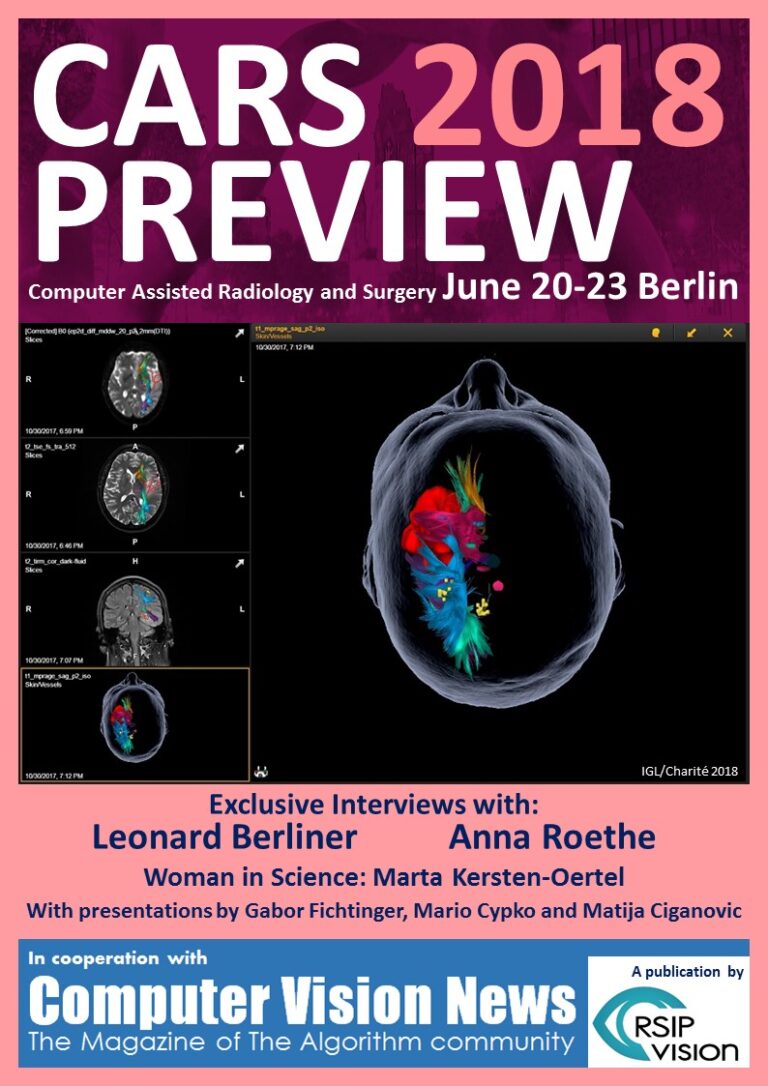
Robotic assisted minimally invasive surgery has changed the face of surgery. The use of robotic aids in surgery can be traced back to the mid-1980s,
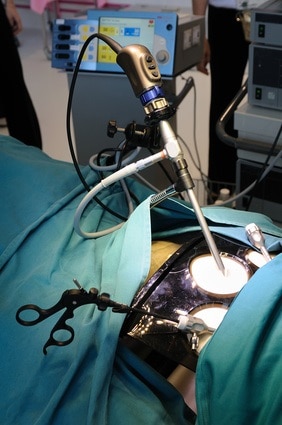
Minimally Invasive Surgery (MIS) has emerged as a paradigm shift in modern surgical practices dating back to the early 1990s. What is Minimally Invasive Surgery?
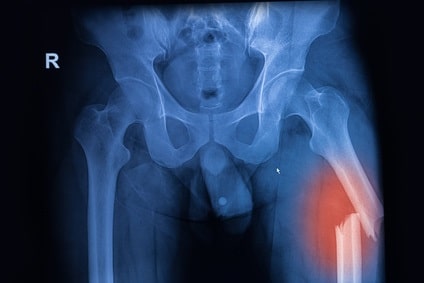
Please fill the following form and our experts will be happy to reply to you soon
Subscribe now and receive the Computer Vision News Magazine every month to your mailbox
© All rights reserved to RSIP Vision 2023